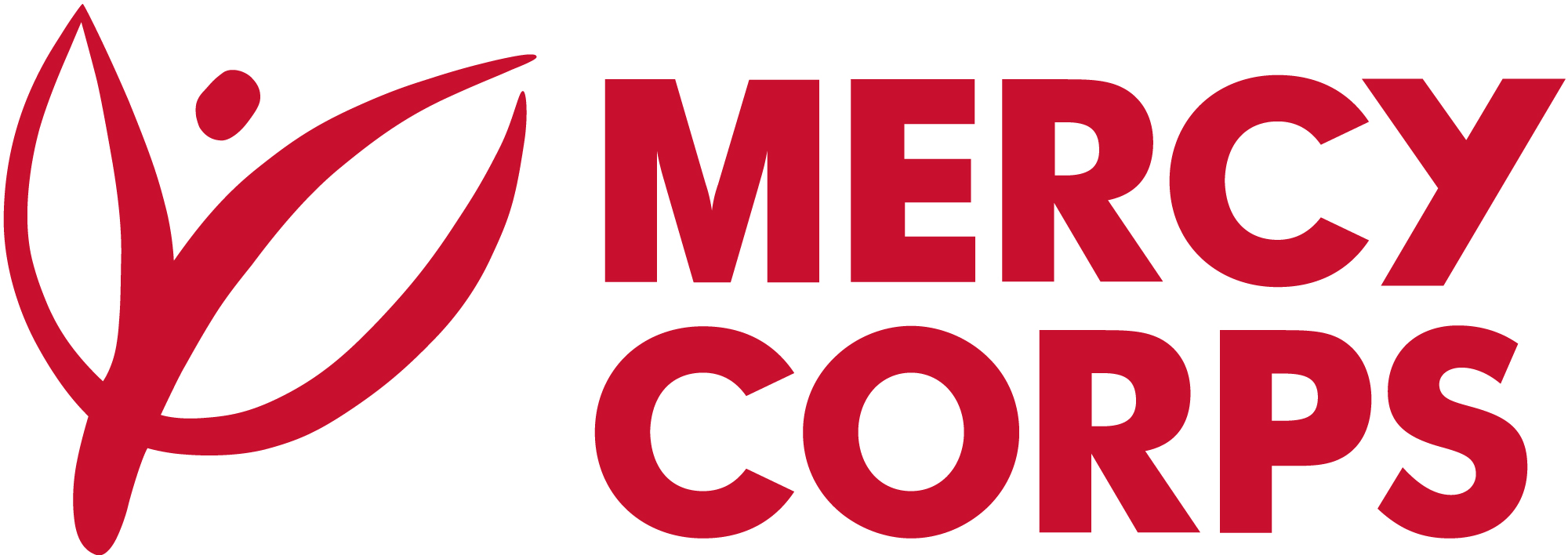Key Takeaways:
- Israel’s military campaign, which escalated on September 16, involved extensive airstrikes and bombardments across Lebanon, and a ground invasion along the southern border. Strikes have also targeted Hezbollah strongholds and infrastructure, and have killed some of the organization’s key figures, including Secretary-General Hassan Nasrallah. These operations aim to weaken Hezbollah’s command structure and drive its forces north of the Litani river. Israel’s campaign has inflicted widespread destruction across Lebanon, particularly in the south, the Bekaa valley, and Beirut’s southern suburbs, causing mass civilian casualties. Residential areas, healthcare facilities, and key infrastructure have been damaged or destroyed, creating a humanitarian crisis. International ceasefire efforts have stalled, with the situation likely worsening as the conflict continues.
- Ongoing Israeli military operations have driven a large-scale displacement crisis. More than a half million people have been forced to flee their homes, and some 900 public facilities, mostly educational institutions, are serving as shelters. Despite efforts to find additional accommodation, many temporary shelters are at full capacity, and the school year has officially been delayed until early November. It is uncertain whether the academic year will proceed as planned given continued hostilities, ongoing strains on educational resources, and the absence of alternative classroom spaces. The conflict has also disrupted
economic activity, leading to financial hardship for displaced populations in particular. As the winter season approaches, challenges faced by internally displaced people (IDPs) are expected to intensify, requiring sustained support from the government and international community.
- On September 3, Court of Cassation Public Prosecutor Jamal al-Hajjar provisionally detained former Central Bank Governor Riad Salameh over the alleged embezzlement of public funds through Optimum Invest. Salameh was officially arrested over these charges on September 9.
- On September 25, the Central Bank allowed depositors benefiting from Circulars 158 and 166 to triple the amount of their monthly withdrawals in September. The one-time measure enabled eligible depositors to access USD 450, USD 900, or USD 1,200, depending on which circular they subscribed to and the date of subscription.
- The caretaker government cabinet reviewed and approved a preliminary draft of the 2025 budget. The proposed budget would increase expenditures by 39% compared to the 2024 budget law, resulting in a projected deficit of 4.11%.
By Crisis Analytics Team, Mercy Corps Lebanon



